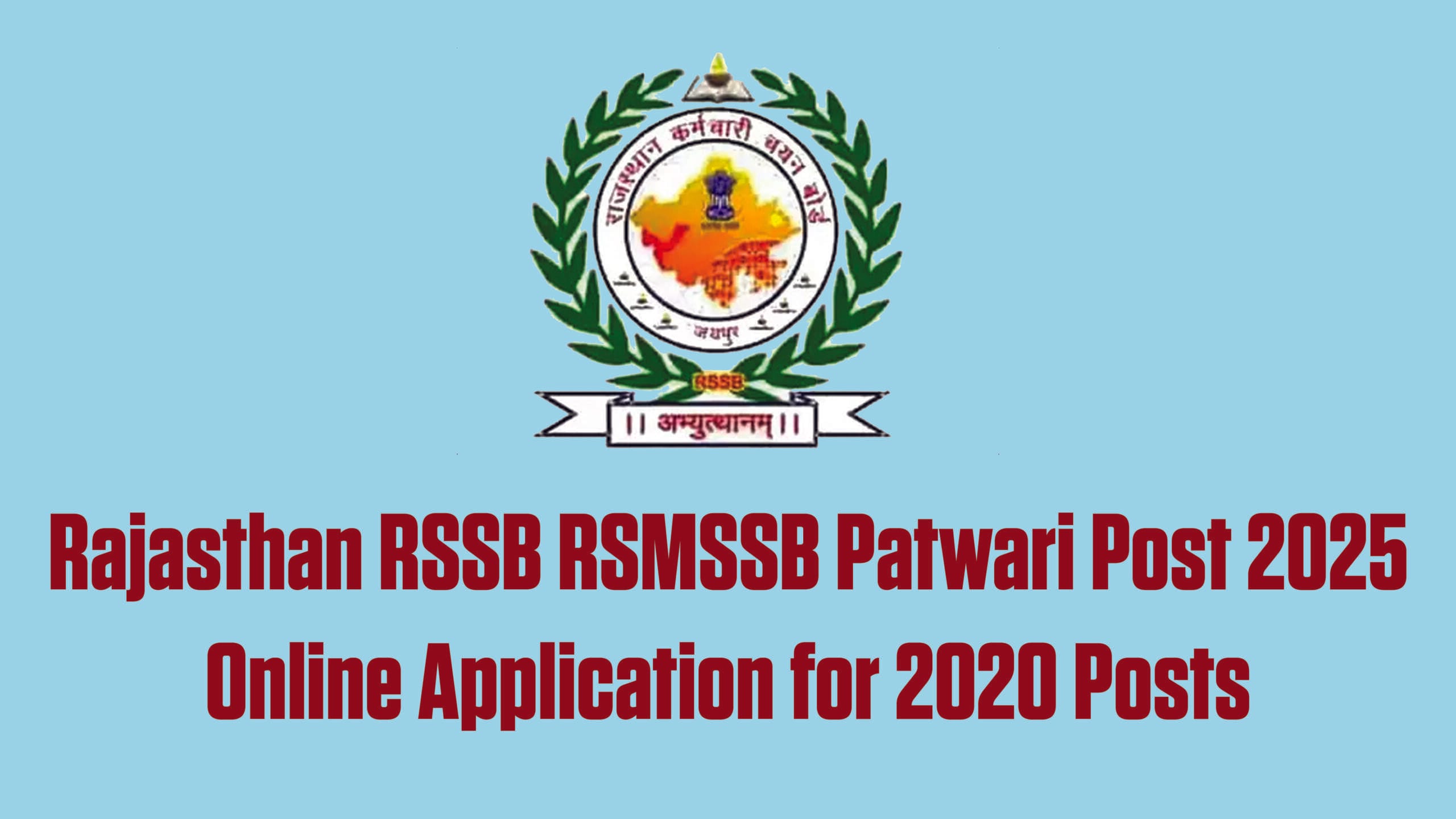The Fiscal Responsibility and Budget Management Act (FRBM) Act, passed in 2003, was intended to make the Indian government more responsible with its own money and cut debt. Its importance has been emphasized in times of economic trouble, especially during the COVID-19 pandemic, when the general fiscal targets of the FRBM Act were relaxed to allow for more government spending.
Origination and implementation
The FRBM Act was first proposed in 2000 by then Finance Minister Yashwant Sinha. In 2003, it became law. It was officially implemented on July 5, 2004, and aimed to establish a financial regulatory framework to safeguard macroeconomic stability and long-term economic growth.
Aims and objectives of the FRBM Act
The objectives of the Act are:
- Keeping the budget stable.
- Increase transparency in government finances.
- Give the Reserve Bank of India more practical freedom to control inflation.
- One of its long-term goals is to ensure that the financial burden is shared fairly.
Key features of the FRBM Act
- The FRBM Act makes it compulsory to submit specific documents along with the Union Budget:
- Medium Term Fiscal Policy Statement.
- Macroeconomic Framework Statement.
Financial Policy Strategy Statement
These documents provide a clear picture of the government’s finances as they show forecasts of important fiscal indicators such as revenue and fiscal deficit. The law allows the government to deviate from its fiscal targets in certain circumstances, such as natural disasters or major threats to national security, which gives fiscal policy some leeway.
Challenges and improvements
The structure of the FRBM Act is very detailed but it has been difficult to implement in practice, so it has been amended several times over the years. In 2016, the NK Singh Committee considered the Act and recommended several changes, such as making debt repayment a key budgetary objective.
Create a separate economic council to look into things
To clarify what kind of deviations from economic goals are OK. Setting strict rules on how the government can borrow money. These recommendations aim to improve the FRBM Act in promoting long-term economic growth and security. The FRBBM Act is still very important for the economic management of India as it implements structural financial controls and openness. This is especially true right now when the global economy is in turmoil.
NPCIL Multiple Posts Recruitment 2024, Apply online for 74 posts











Sudarshan Sinha
I am a blogger and youtuber. jobsinformations.in is my site. jobsinformations.in provides you all the informations of Latest Vacancies in India, Govt Jobs, Jobs in various sectors such as Railway, Bank, CDS, NDA, SSC, Army, Navy, Police, UPSC, APSC and more in one place.